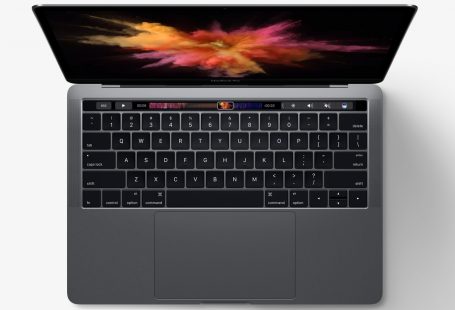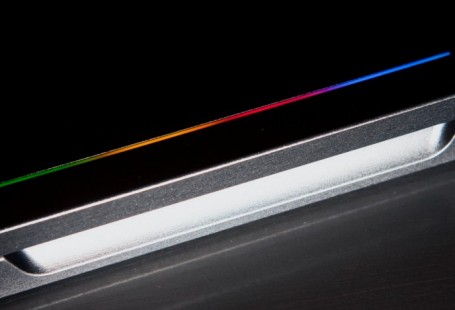Vlad Savov speaks on The Verge about the new Google Pixel / XL smartphones, and he gives reasonable arguments on behalf of this Google effort:
Google’s invasion of that space is exciting, and the Pixel itself — when stripped of our constantly speeding expectations and preconceptions — is a highly advanced device with which Google can begin to disrupt the status quo.
The thing is, Google is competing with his own partners in an unfair way -Google Assistant seems exclusive to the Pixel family- and is trying to get more money on the hardware business when the new Pixel should be produced with only one thing in mid:
To show others the path. To show what Android is capable of.
Google is certainly doing that with the Pixel, but with a boastful attitude. “We can do something other companies can’t“, they seem to be saying. That discourse should change to “We can do something now you should be doing too“. The enemy here is not Samsung, LG or even HTC, the not-so-secret maker of these devices. The enemy is Apple, of course, and competing with Apple in its own terms (we control the hardware, we control the software) is quite impossible when you need the industry to keep Android where it is now.
Besides that, “really blue”? Really, Google? Really really blue?


